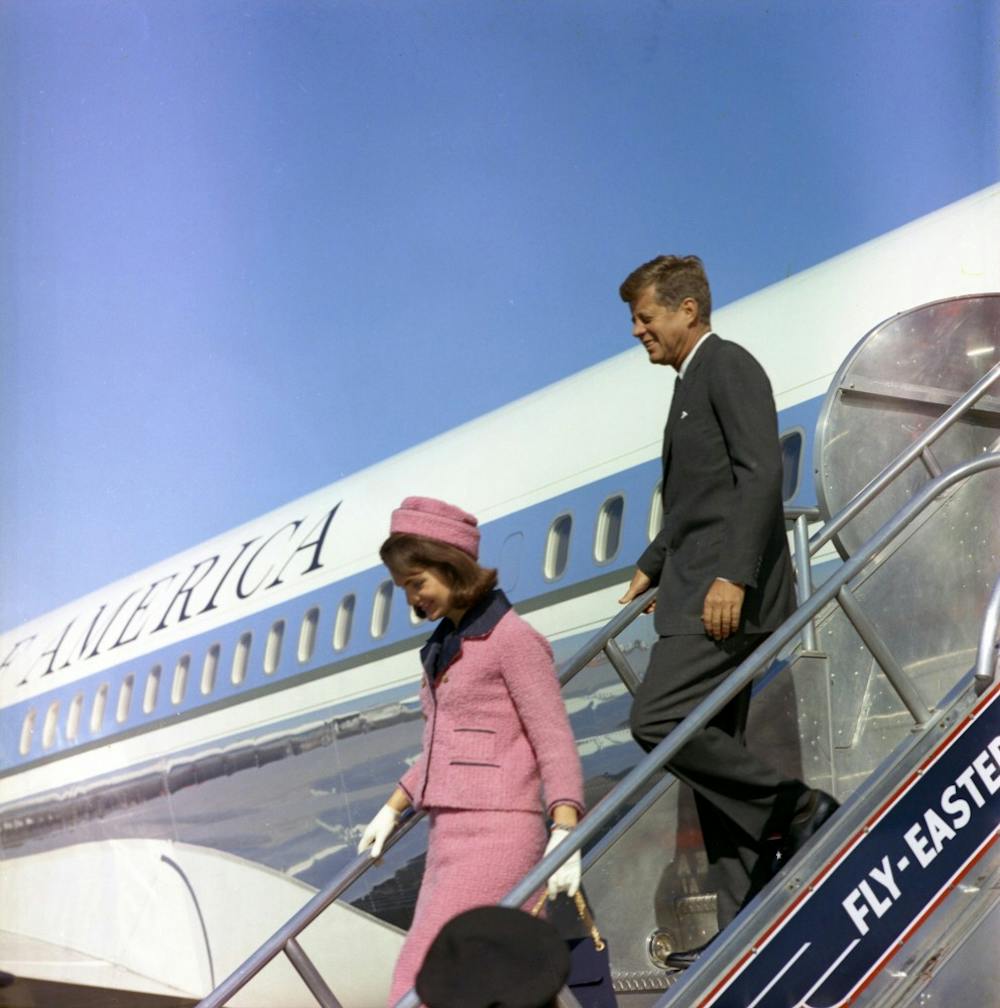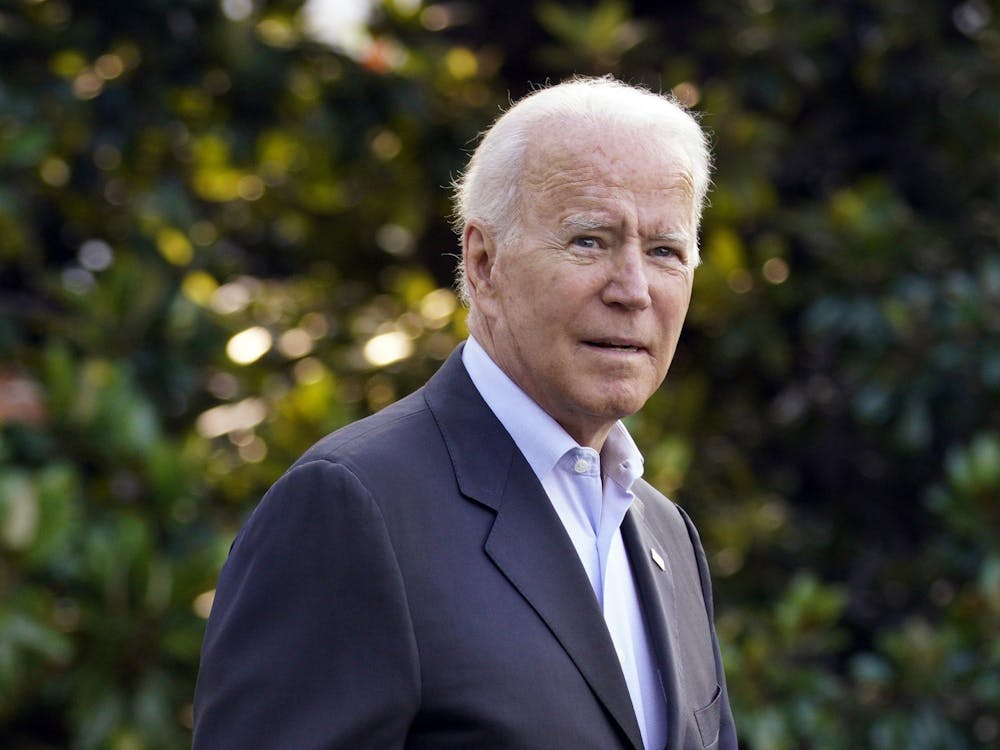Fifty years ago today, President John Fitzgerald Kennedy was shot while riding in a motorcade in Dallas. Many who were alive during that time regard it as a defining moment of their lives, a moment forever etched in their memory.
Three Ball State professors remember where they were when they heard the news and consider how one event changed the way they saw the world.
What Joseph Trimmer, director of the Virginia B. Ball Center for Creative Inquiry, said he loved most about Kennedy was his wit and ability to laugh it off when people made fun of him.
“The fact that … the president loved to be made fun of was something else that made you really identify with him and you were proud to call him your president,” Trimmer said. “So that made the assassination more significant than just somebody had been shot. Everybody in my generation really did identify with him. There were problems … but he handled it with such grace and such intelligence.”
When Trimmer found out Kennedy had been shot, he was in graduate school at Purdue University, in a convenience store called the sweet shop.
“It came over the television, and we were just shocked,” Trimmer said. “I went over to my office, and we all sat around and talked about it. For a long time, we didn’t know if he was alive, it was just that he was shot.”
Trimmer said the whole event was emotional because there was so much that was unknown.
“There had been other assassinations, but there hadn’t been other assassinations in our lifetime,” he said. “We didn’t know what was going to come next, that was the real thing.
“We all suddenly realized we weren’t safe anymore, that anybody could be killed at any moment. If the president of the United States, with all the Secret Service and all that protecting him, could die like that, then none of us were safe.”
As a seventh-grader, Joe Bilello, thought of Kennedy as a hero.
“I was aware that he was a popular man in my household,” Bilello, an architecture and planning professor, said. “He was a man that could do no wrong.”
When Kennedy was assassinated, Bilello said he couldn’t fully comprehend what had happened.
“First, it was very strange and it felt very unreal, and you didn’t really know what it meant,” Bilello said. “Back then, those were pretty rare things to have occurred, and it was kind of the first time anything like this had happened in my life.”
Bilello originally found out when his principal spoke over the loudspeaker in the middle of the day, which he said was weird since they didn’t usually make announcements during the day.
“He said he had an announcement to make and it was pretty serious; the president had just been shot,” Bilello said. “It’s kind of like when they told you the plane hit the World Trade Center towers — you don’t think that it’s going to have the same sort of ultimate impact. It’s kind of like they are bracing you for something that’s bigger, badder news, so they had us all go home.”
Bilello said Kennedy’s assassination gave Americans a chance to better understand people seen in the media.
“One of the things that history has given us is we know the truth seemingly better,” he said. “And we’re wiling to understand people like Kennedy as human beings in addition to the media generated hero types that they are.”
When John Rouse, a political science professor, found out Kennedy has been shot, he was reaching for an apple in a canteen area at Furman University in South Carolina.
“I remember the lady said, ‘The president’s been shot,’” Rouse said. “She was saying that he hadn’t been killed, that he had been shot. And so I went upstairs to a television.”
Rouse said the investigation of Kennedy’s death went on for years, and everyone kept asking the same question, “Who shot Kennedy?” He said it was hard for people to imagine that one person could have changed the United States so easily.
“They knew that [Lee Harvey] Oswald shot him, but they didn’t know who put Oswald up to it,” Rouse said. “One insignificant person with one shot killed a leader of the free world.”





